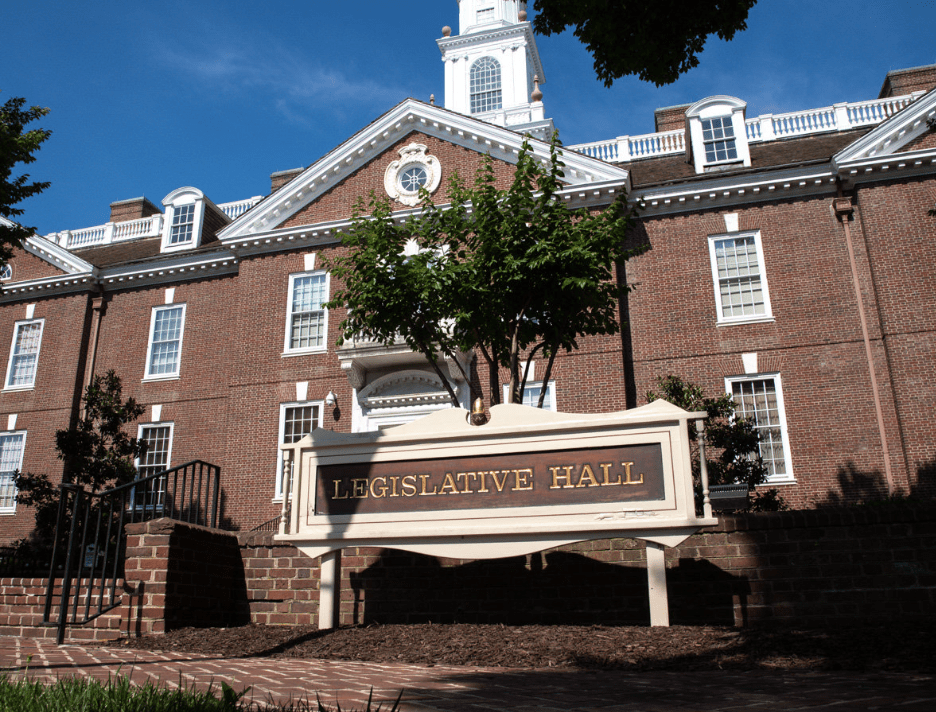For the first time since 1977, the Delaware House of Representatives has overridden a governor’s veto on a bill.
Gov. John Carney issued a letter to the General Assembly Tuesday saying he is vetoing House Bill 282, sponsored by Rep. Paul Baumbach, D-Newark.
The bill aims to shift membership, leadership, structure and procedures of the State Employee Benefits Committee.
Wednesday, the House unanimously voted to override the veto.
RELATED: Carney vetoes bill to rework employee benefits committee
The letter, which was read to the House Wednesday afternoon, cited financial concerns it would put on the state if made a law.

“Today, the cost of providing healthcare benefits to State active employees and retirees exceeds $1 billion and is growing faster than any other expense in the State budget,” Carney’s letter stated. “The State Employee Benefits Committee is responsible for managing the benefits plans available to active employees and non-Medicare retirees. Simply put, healthcare benefit costs for the State, its employees and retirees are rising at unsustainable rates.”
The bill rose out of yearlong discussions and meetings after the Benefits Committee announced it was going to change state retiree benefits from the premium plan they have to Medicare Advantage plans.
Retirees revolted and sued, winning a court judgment that the move was illegal because of the way the retiree benefits were set up.
The legislation would have required the Speaker of the House and Senate President Pro Tem to each name a retiree to the benefits committee, among other things.
The legislation would do nothing to rein in healthcare costs, Carney stated.
“He points out the importance of the financial challenge facing our retiree health benefit system, and he also points out what we’ve done. We have passed bill after bill after bill to address that because of the seriousness of it, so we agree there,” Baumbach said.
Carney then points out, Baumbach said, that HB 282 does not address that.
“Well, sure, it’s not intended to,” he said. “What it’s intended to do is to prevent the nightmare we went through from happening again, and it does that very well through two mechanisms, accountability and transparency.”
The bill now heads to the Senate, and if it passes there, it automatically becomes law without the signature of the governor.
Prior to the veto, the bill unanimously passed both chambers of the General Assembly.

Raised in Doylestown, Pennsylvania, Jarek earned a B.A. in journalism and a B.A. in political science from Temple University in 2021. After running CNN’s Michael Smerconish’s YouTube channel, Jarek became a reporter for the Bucks County Herald before joining Delaware LIVE News.
Jarek can be reached by email at [email protected] or by phone at (215) 450-9982. Follow him on Twitter @jarekrutz
Share this Post



